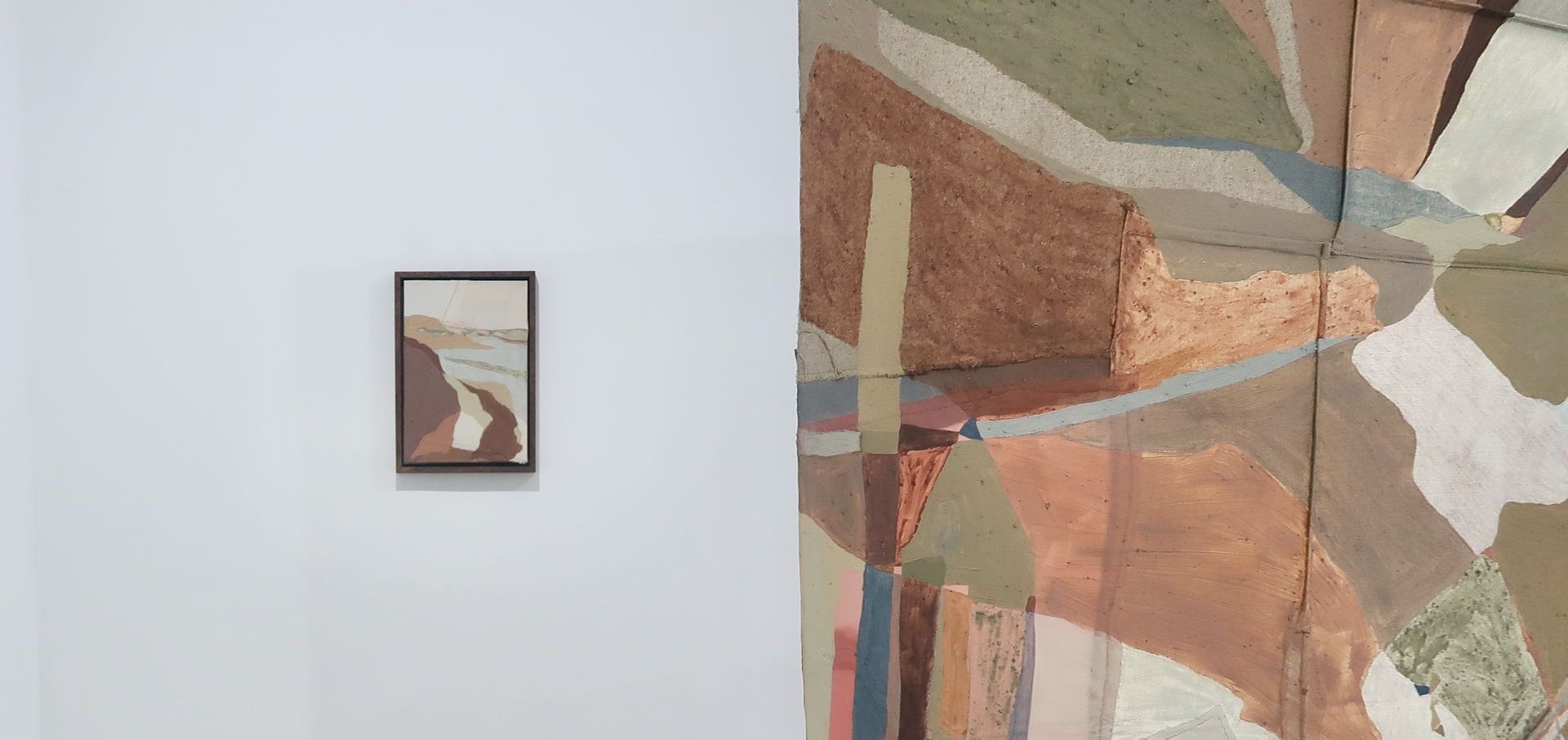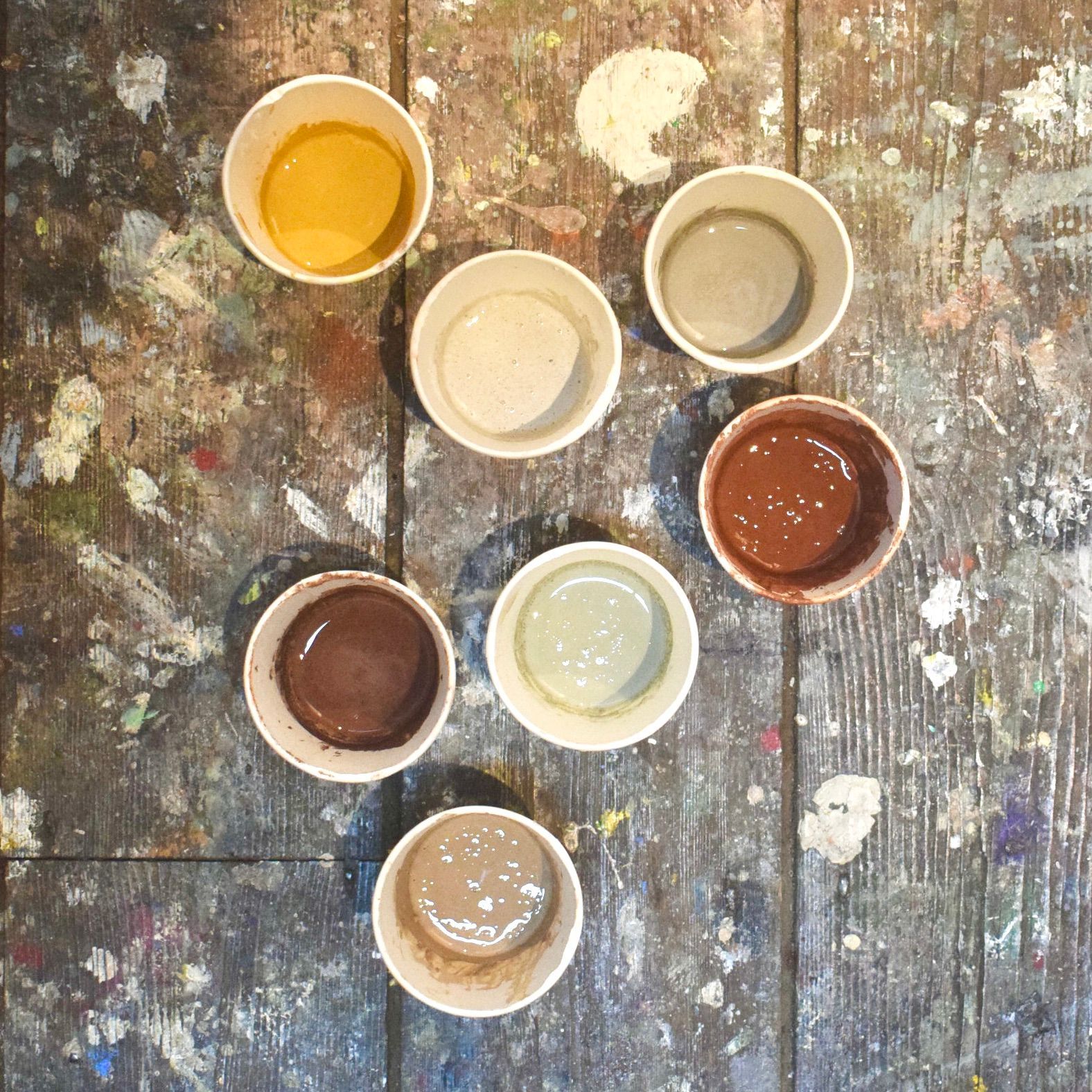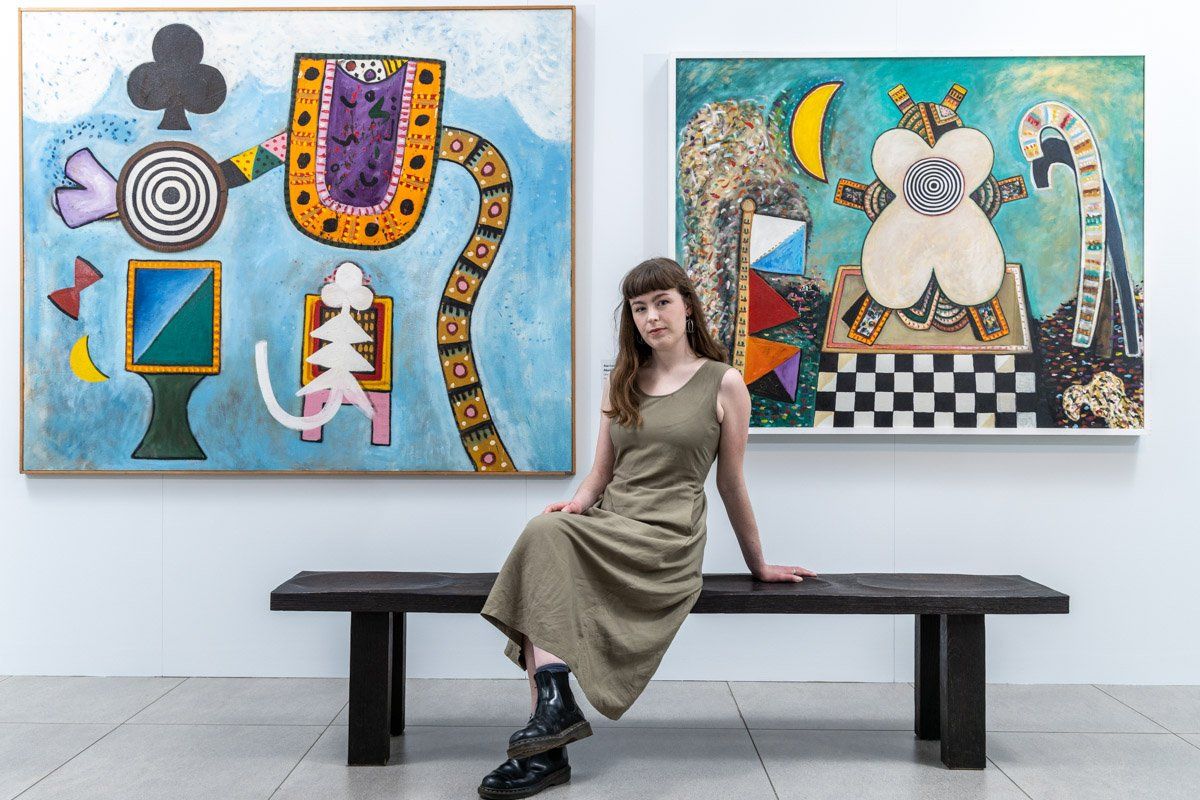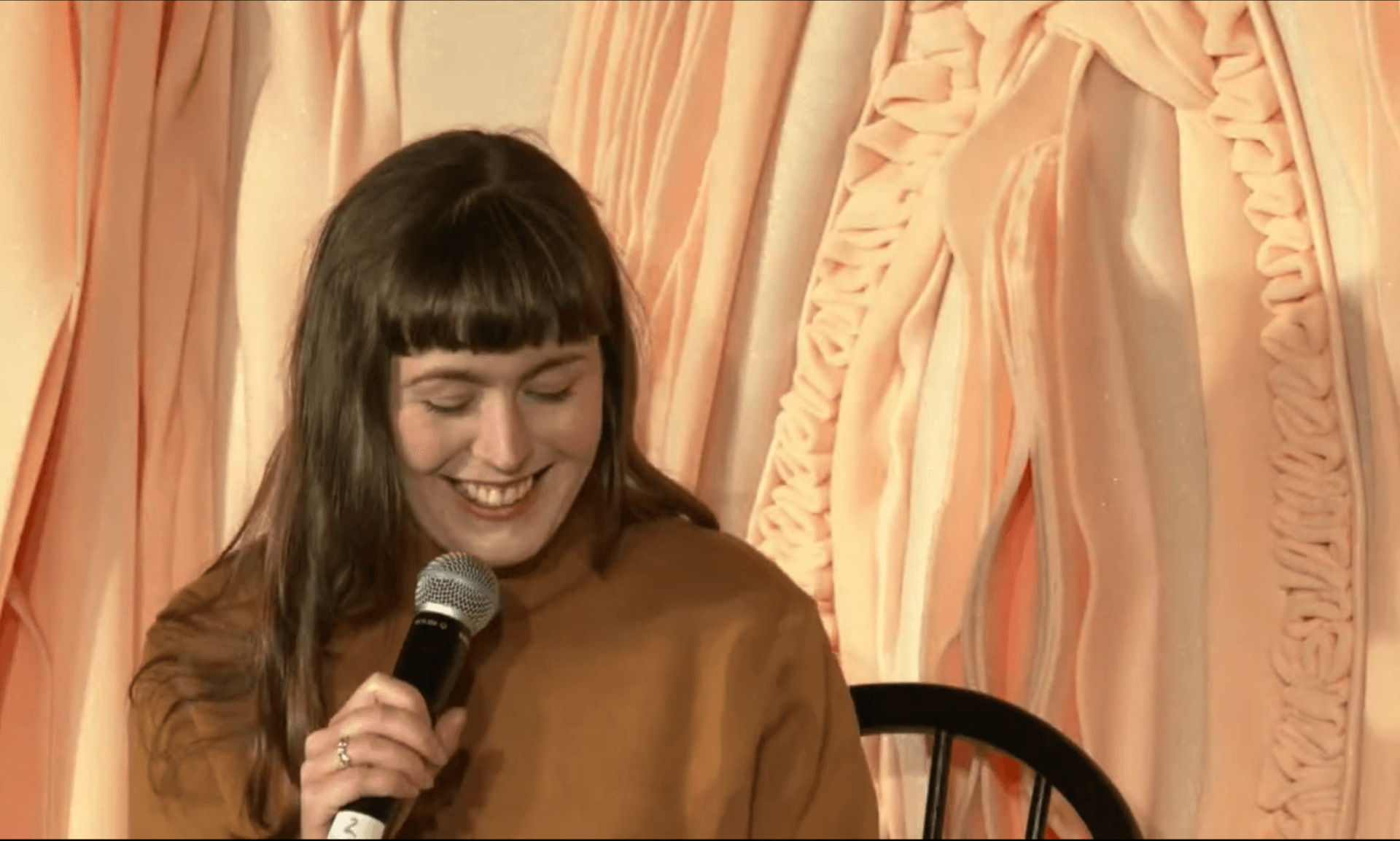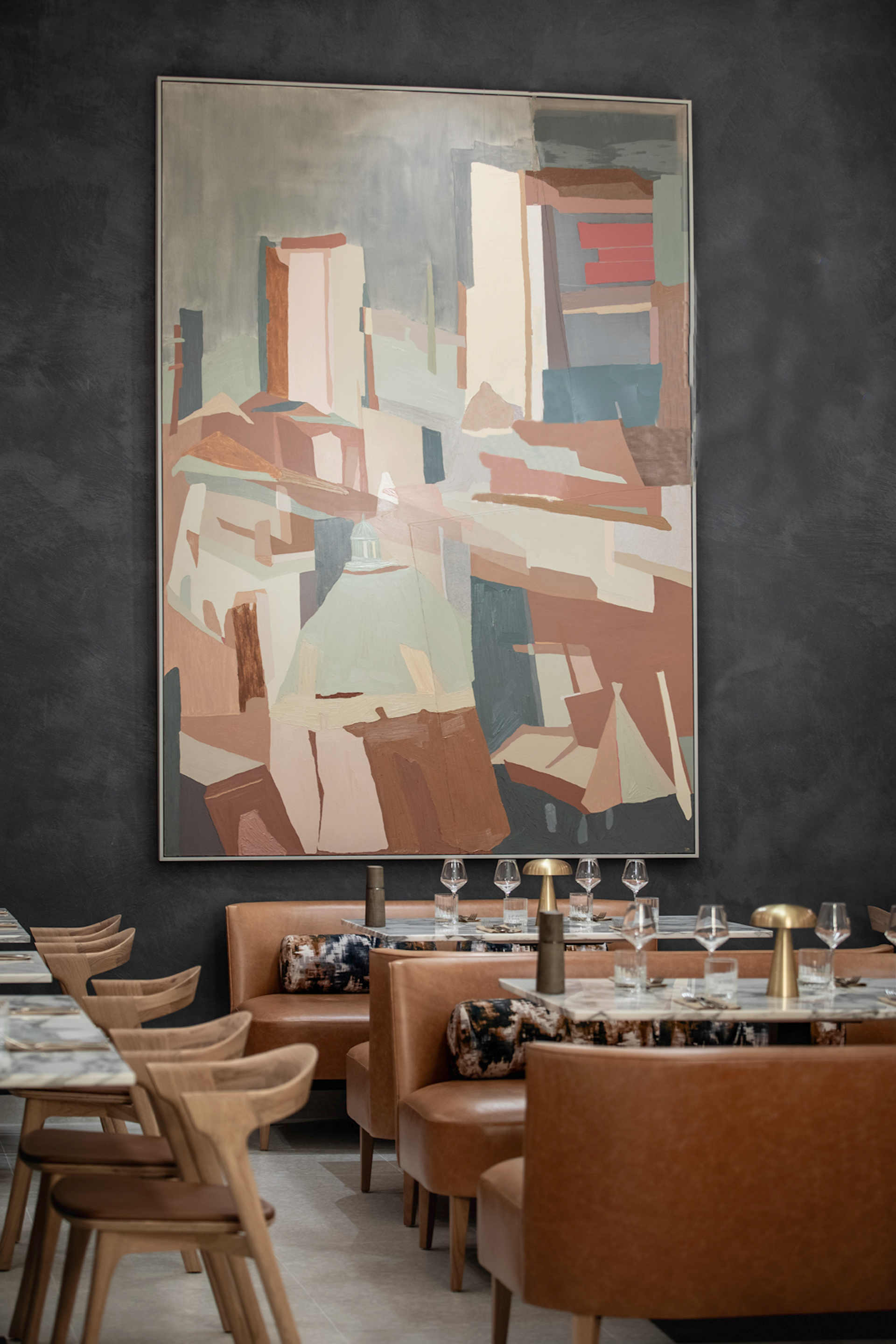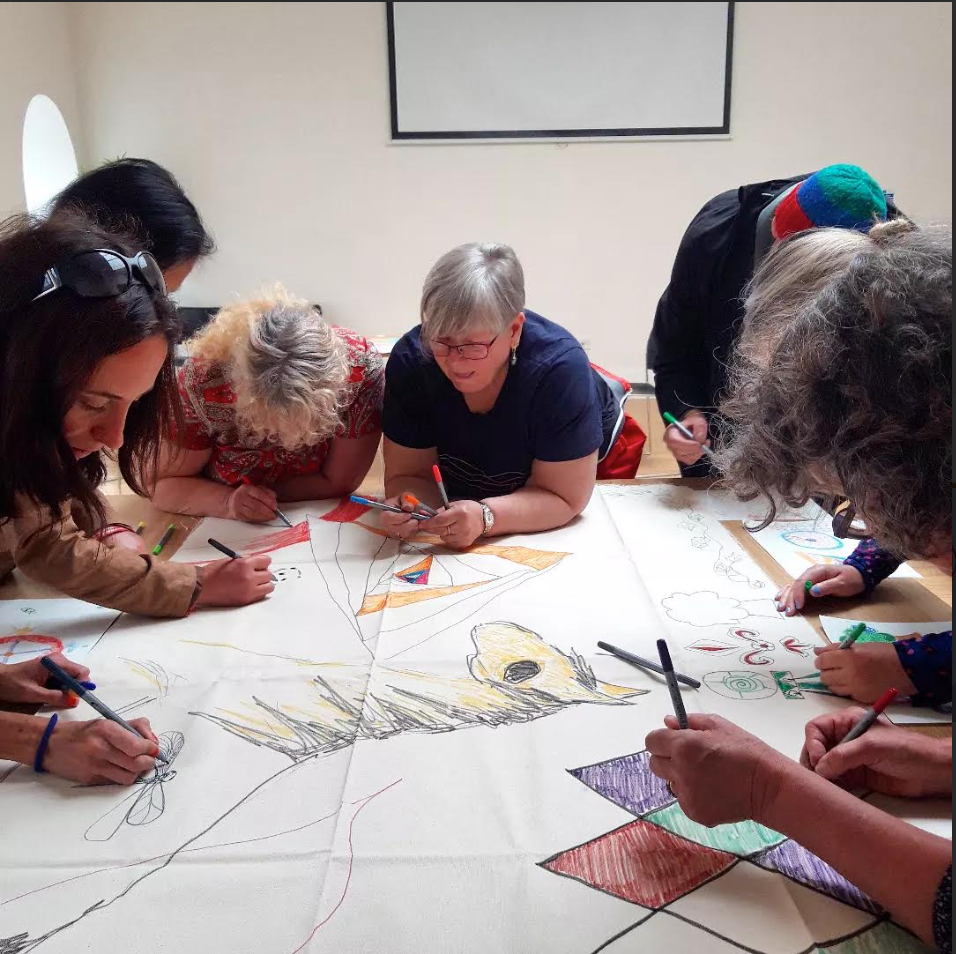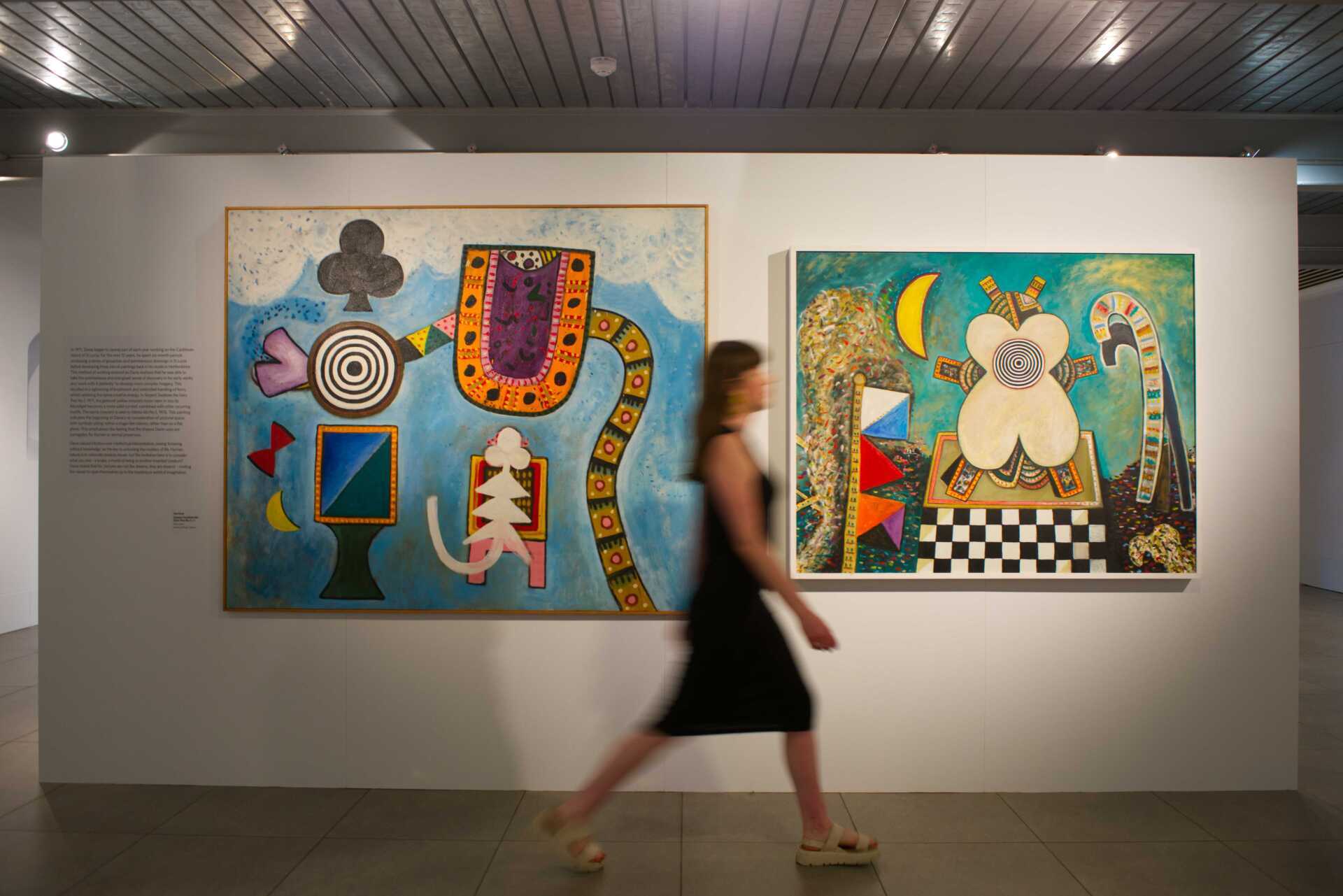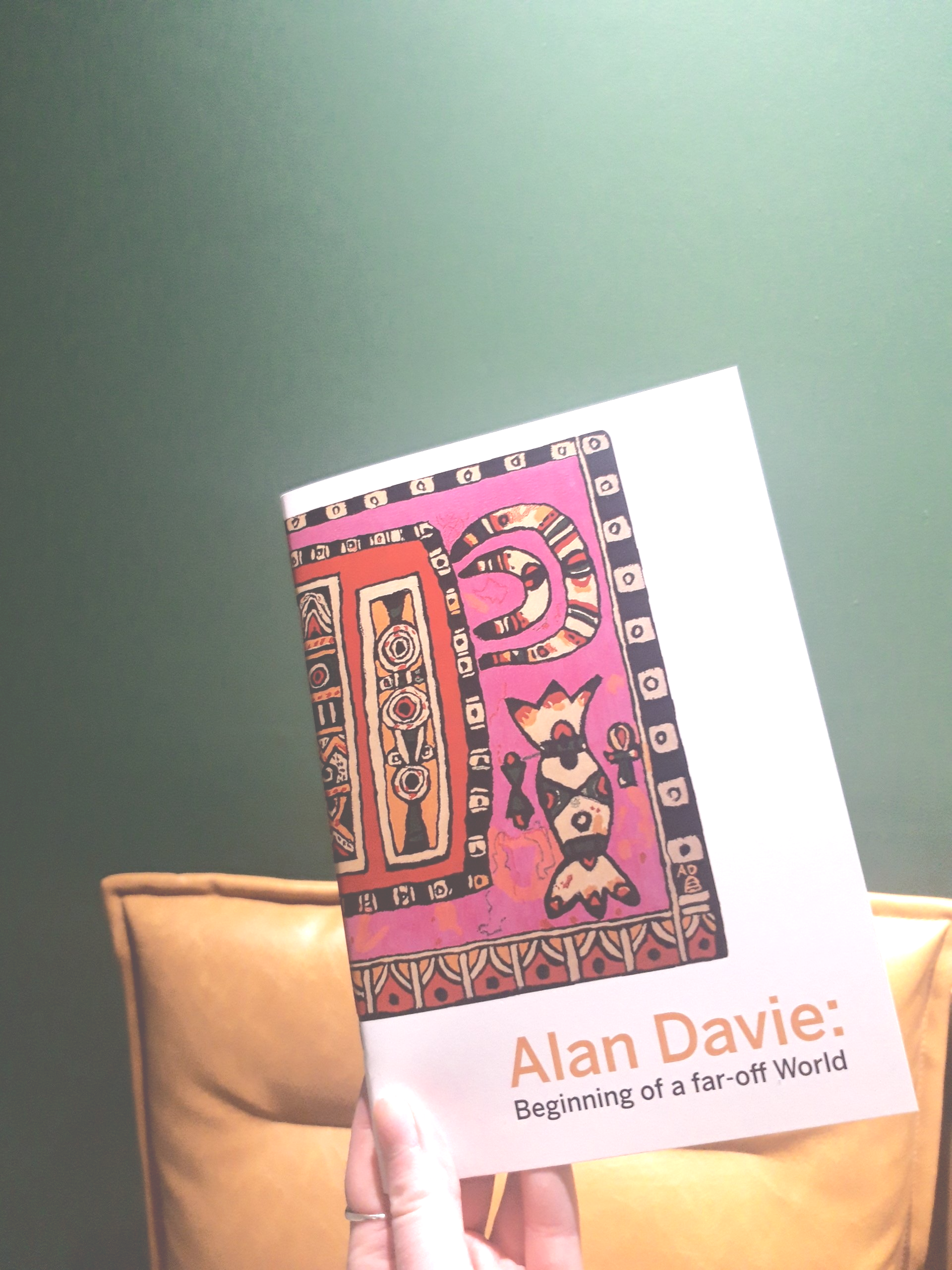Reflecting on an Unquiet Landscape
Reflecting on Christopher Neve's introductory writings in Unquiet Landscape: Places and Ideas in 20th-Century British Painting.
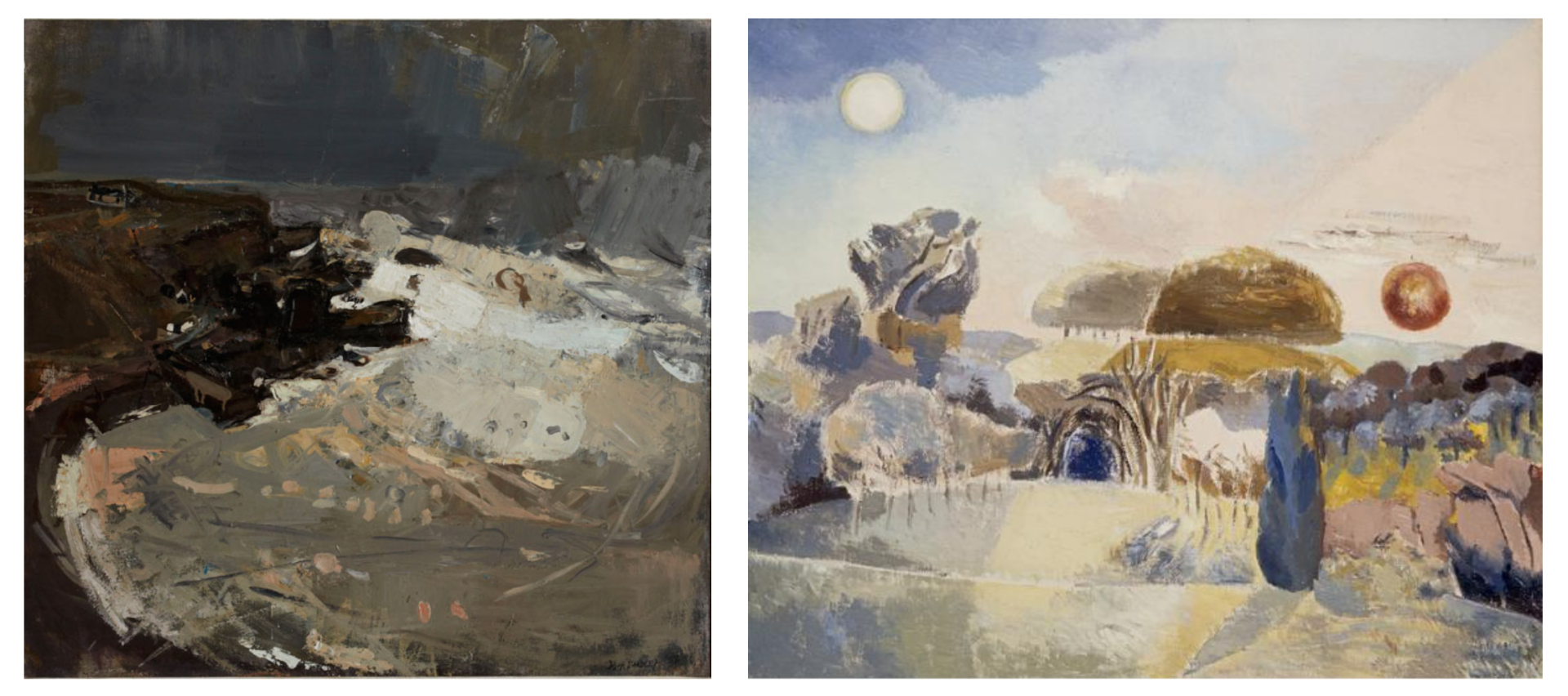
Joan Eardley, Winter Sea, 1958 and Paul Nash, Landscape of the Vernal Equinox, 1944.
(Glad to see a sub-chapter dedicated to Eardley's Scottish seascapes!)
British Painting in Neve's introductory writing references only English landscapes, his aim to "discuss some of the ideas that English landscape may have given rise to...".
Quite a reductive definition of British Painting, considering the many contributions of artists across Northern Ireland, Scotland and Wales. I guess this viewpoint is to be expected of the original publication date of 1990, although since the art world's progression away from an English or London-centric viewpoint I'm surprised that this 2020 edited edition didn't address it's conflation of British Painting as meaning English.
Putting this aside, Neve's introductory The Landscape as Emotion is a great entry into thinking about landscape painting. He talks about "thinking in paint", painting as a process of discovery and as "not just a way of seeing landscape but a state of mind". He writes with the understanding and sensitivity to nature of a painter, and with the sincerity of someone who respects the land.
Neve is right when he says that Landscape is often trivialised by people who see it as decor, as scenes or views to be simply replicated. I've come across this a lot as an abstract-landscape painter, requests to make the painting prettier or to represent more precisely what a hill looks like, rather than what it feels like. Landscape painting is about "what it is like to be in the world and in a particular condition", an evocation of personal experience rather than representation. You cannot go into the landscape neutrally, instead you bring memories and experiences that inform how you navigate space. With twenty sub-chapters dedicated to different artists and ideas, I'm looking forward to reading what each of them may have brought to the landscape.
